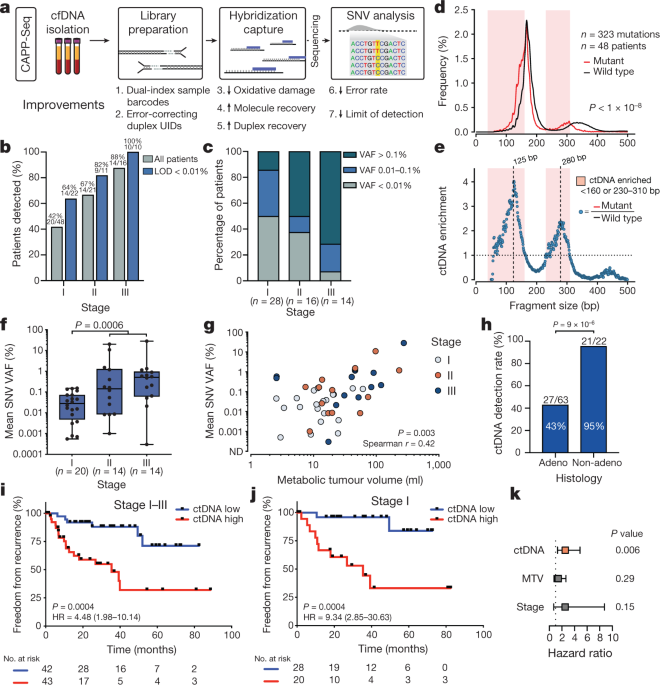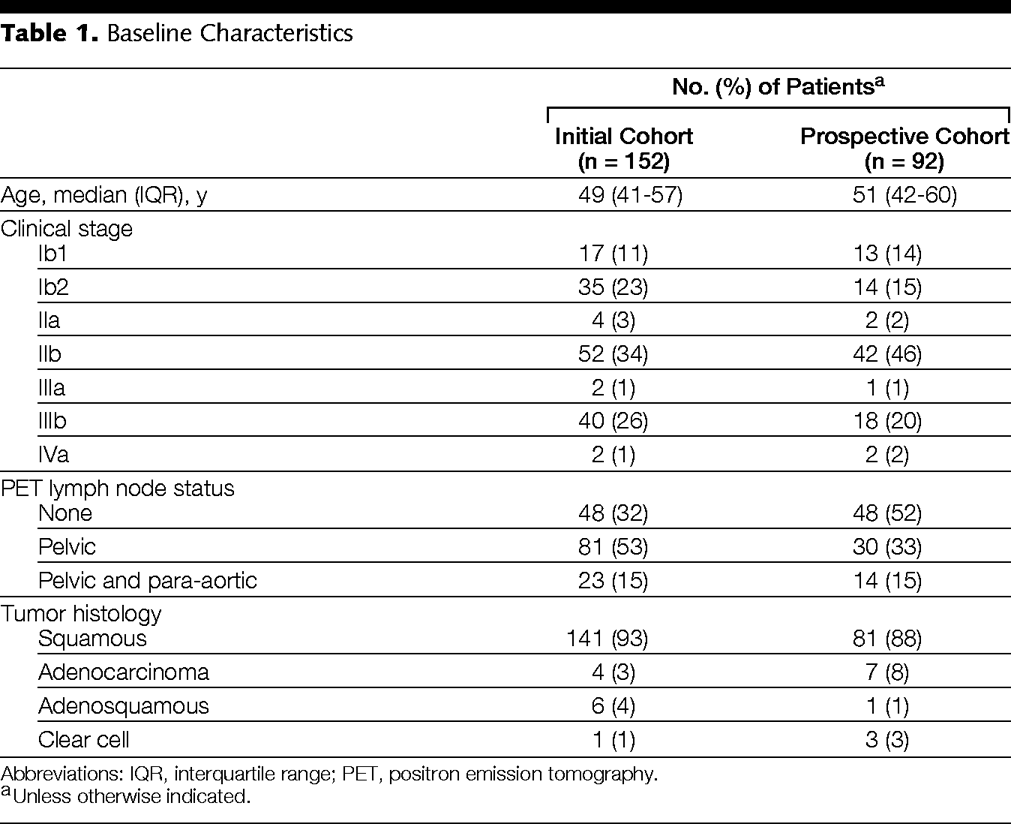- Joined
- Apr 3, 2019
- Messages
- 5,091
- Reaction score
- 11,649
- Points
- 5,601
- Attending Physician
Advertisement - Members don't see this ad
This is accountability. It's an order of magnitude greater than what we appear to get from a lot of other leaders in RO.I’m not one to hide behind pseudonyms or anonymity, so let me be up front about who I am. I’m David Horowitz, the program director for the Columbia University radiation oncology residency. I’ve been in this position for the past year. I’m not here to defend the department against people’s perceptions about what it was in the distant past, or even to try to change anyone’s mind, but I do want to talk about who we are as a program and our vision for the future.
I’m doing this job because I care about our residents; I want to help them to develop into the physicians and people that they want to be. We talk a lot at Columbia about training the next generation of leaders, but to be frank it’s about working with residents to recognize within themselves what they’re truly passionate about, and supporting them as they develop those passions. Those interests go in many directions--whether it’s lab research that we’re supporting with the Holman pathway, NIH-funded work like the intersection of FLASH and immuno-oncology, pursuing a master’s degree in bioethics during their research year, or pursuing a commitment to diversity, equity and inclusion with local, regional and national leadership roles, just to name a few. I think that recognizing and supporting the diverse interests of residents as they develop their true passions have unquestionably paid dividends, with Columbia rad onc residents awarded over $200,000 in grants last year, garnering leadership roles in ARRO, as well as having multiple oral presentations at the upcoming ASTRO meeting.
To be honest, though, I’ve been most influenced by the experience of a resident who instead of pursuing grants and academic plaudits, was truly passionate about being the best damn doctor at treating prostate cancer. Through his incredible devotion and focus, he chose to do additional rotations in prostate brachytherapy, and finished residency training with more than 100 implants. The commitment and leadership that he demonstrated is no less worthy than another resident who received an NIH grant; it just helps to demonstrate the need for genuine support of whatever really makes that resident tick. I feel like it’s my job to try to think differently about what it means to excel in a radiation oncology residency, and make sure that future residents have the support that they need. It’s also about enabling people to take risks, to try new things, without fear of failure causing paralysis.
My commitment to the people who come through the Columbia rad onc residency is that I will work with them as they develop their interests into passions, which will naturally help them become leaders not just as radiation oncologists, but as oncologists who have a seat in the larger medical and scientific community. Because of the diversity of interests we want to continue to foster, we’ve had to completely rethink our mentorship program to be more comprehensive and intentional. Good mentorship is hard, but our associate program director, Fred Wu, has been incredible in developing a mentorship program that takes a holistic view of the residents and works to create a network of both local and national mentors that helps to develop the potential of each individual resident.
We’ve been getting hate for expanding the residency program, and here’s what I’ve got to say about that. While the decision to expand the program predates my tenure as program director, I own it. I think that we provide our residents training that we can be proud of, and I don’t think that we should cede that to other programs just because they decided to expand earlier. But what I won’t do is take residents who aren’t committed to radiation oncology, and that means no SOAPing. If that means we don’t match, so be it. I also think that it speaks to our interest in expanding radiation oncology’s seat at many tables, not just trying to cram more seats into our small table.
Maybe some of you have opinions about my chair, Lisa Kachnic. She doesn’t need to me to defend her or explain her actions. All I’m going to say is this: it is clear to me that she cares deeply about the success of the residents and faculty in her department, and works to bring about that success. More than that, what I’ve seen from her during the worst of the early COVID pandemic in New York City made it 100% clear to me that she cares even more deeply about who we are as people, not just as staff.
I have to admit that it bothers me when the Columbia haters come out on SDN. I don’t care if you mockingly put up a photo of me out with my colleagues (if you want to know which one is me, I’m the good looking one), but I do care about the environment created for residents and students whose “colleagues” disdain them and their place of work. So please, consider having a little empathy.
I’ll be the first to say that we’re far from perfect at Columbia--I certainly have made and will continue to make plenty of mistakes. But there’s room to try new things within radiation oncology training without totally abandoning the successes of the past. So I want to listen to what you have to say. I’m not really one for message board debates, so I’d like to invite anyone who is interested in talking about the good, bad, and ugly of rad onc training (at Columbia or in general) to join me for a zoom chat on Friday, 9/3/21 from 4-5 p.m EDT.
Join our Cloud HD Video Meeting
Meeting ID: 958 0694 6413
Passcode: 369108
One tap mobile
+16465588656,,95806946413# US (New York)
+13017158592,,95806946413# US (Washington DC)
I’m also always happy to chat at 212-305-7077 or by email at [email protected]
David
At least you're willing to talk and appear to have an open mind.
People are not willing to change until they're at the precipice. The precipice is coming/is here. I take a shamelessly "MD rad oncs first" view and selfishly want all ROs to do well because I know it will help me do well. ROs do not do well in over-supply. It decreases salaries. It leads to over-spending at the societal level. It may even lead to poorer cancer survival at the societal level (less patient volume, and experience, per MD... the resident case load experience is declining due to residency over-expansion).
You could be the greatest RO program in America, but it wouldn't change the fact that America needs less programs.
Admitting that it needs less programs and residents is the first step. In that regard, we are farther along than we were 5 years ago.


